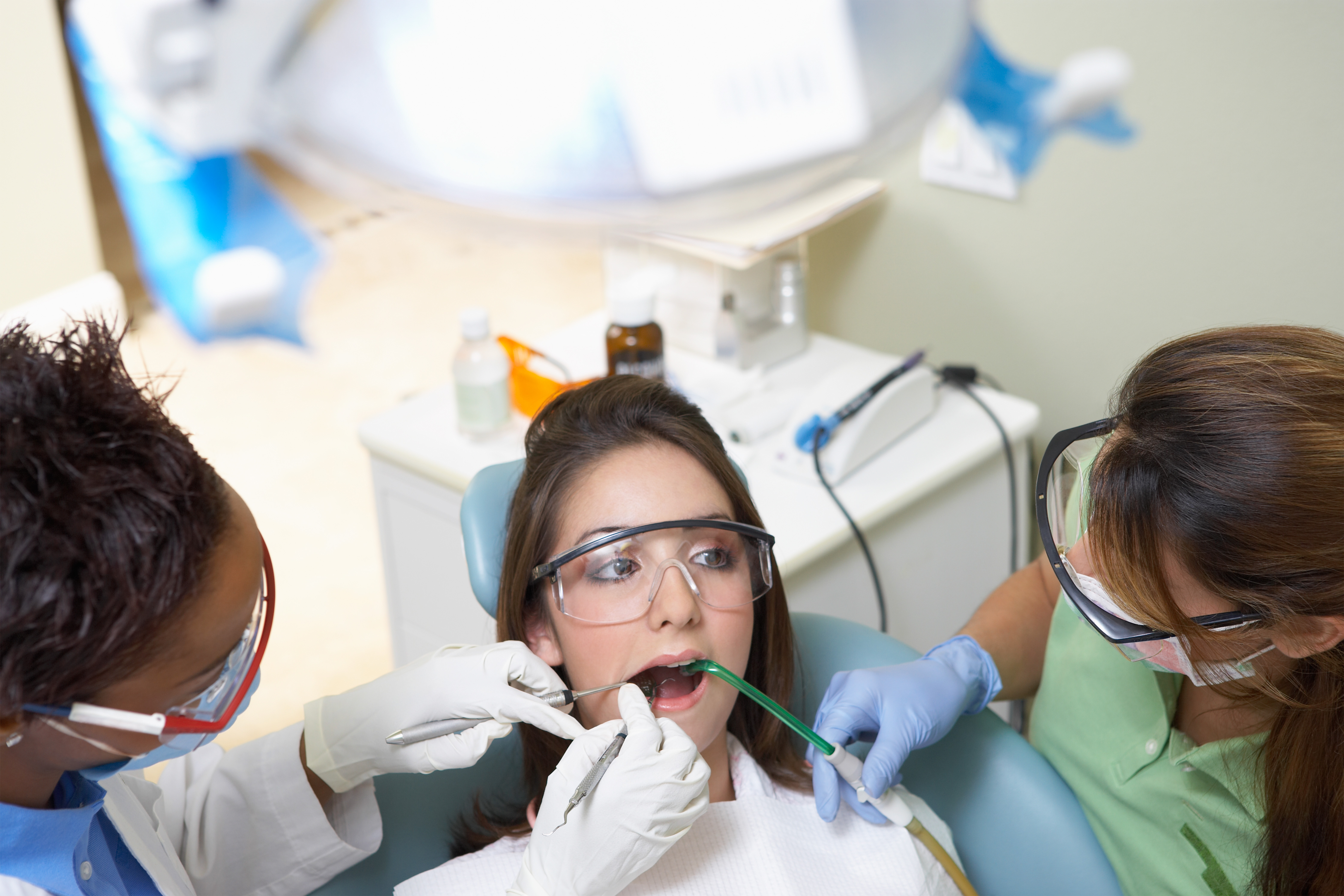Opinion
Occupational Hazard and Dental Practitioners.
By: Dr. Weam Banjar. DDS., MS in Clinical Research, Comp.Dent (Fellow)
Dental practitioners are at risk of cross-infection due to close proximity to patients during delivery of care and exposure to generate aerosols. They are also prone to develop musculoskeletal disorders as a result of increased tension on neck, shoulder and lower back as well as lengthy settings. Exposure to noise leaves dental practitioners at risk for diminished hearing capacity. Exposure to chemicals may stimulate allergic reactions and could lead to cancer development due to the carcinogenic nature of the chemicals used at dental laboratories or at the chairside to adjust dental prosthesis. The workload, high patients’ expectations, stressful working environment, working in a limited field, and the demanding nature of the dental procedures are factors that may increase the risk of depression. Literature had shown that burnout and suicide rates among dentists are relatively high when compared to other healthcare providers.
Regardless of the proven occupational physical and mental hazard of dental practice, little attention had been paid to investigate causes and analyze the current system performance to establish an evidence-based mitigation policies and support programs. Aside from establishing infection control policy for accidental sharp exposures. Dentists usually seek care at their own expenses for any other hazard. There were no rehabilitation programs designed to meet dental practitioners needs and to maintain their physical health. musculoskeletal conditions if not treated early may progress to impede dental practitioners’ ability to perform. Burnout and depression may lead to quitting the practice.
The burden of physical and psychological hazard is relatively high at personal, economic and social levels. In addition to the burden on the healthcare system. Dental practitioners’ turnover as a result of psychological and/ or physical hazard will negatively affect the quality of services and may reflect the need for comprehensive system review. System review is pivotal to established informed strategies to maintain the occupational well-being of dental practitioners.
The best professionals whom may understand the needs of dental practitioners and their challenges that influence occupational hazards are professionals with dental background. Training programs in occupational health from an administrative and public health perspective. Analysis of best global practice is essential to determine the best model to establish a dental occupational health program that focuses on prevention, risk mitigation, and continuous education.



